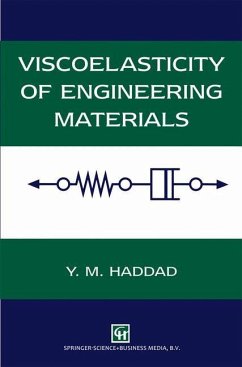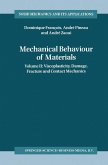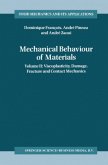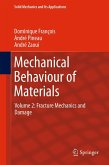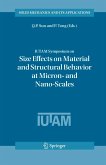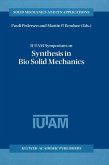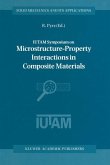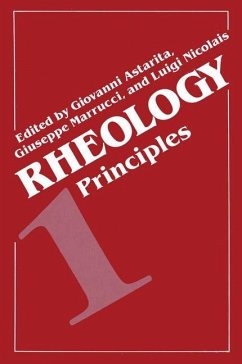I express my full indebtedness to all researchers whose work is referenced in this book. Without their outstanding contributions to knowledge, this book would not have been written. I convey my thanks to Professor D. R. Axelrad (McGill University), who was the first person to introduce the fascinating subject of rheology to me and to Professor J. T. Pindera (University of Waterloo) for his kind encouragement and stimulating discussions on the subject matter. I am indebted to Dr J. H. Gittus, Editor-in-Chief Res Mechanica, for originally inviting me to write a book on viscoelasticity. of Permission granted to the author for the reproduction of figures and/or data by the following scientific societies, journals and publishers is gratefully acknowledged: Academic Press, American Chemical Society, American Institute of Physics, British Textile Technology Group, Elsevier Applied Science Publishers, Gebriider Born traeger, Helvetica Chimica Acta, Hermann, International Union of Crystallography, John Wiley & Sons, Pergamon Press, Springer-Verlag Heidelberg, Steinkopff Verlag, Tappi Journal, Taylor and Francis Ltd . . and the Institute of Physics. In the same context, the author wishes to express his sincere thanks and gratitude to Professors M. F. Ashby (University of Cambridge, United Kingdom), N. Davis (The Pennsylvania State University), H. F. Frost (Thayer School of Engineering), F. A. Leckie (University of Illinois at Urbana-Champaigne), E. H. Lee (Stanford University), J. M. Morrison (AT & T Bell Laboratories), A. K. Mukherjee (University of California, Davis) and Dr H. J. Sutherland (Sandia National Laboratories).
Hinweis: Dieser Artikel kann nur an eine deutsche Lieferadresse ausgeliefert werden.
Hinweis: Dieser Artikel kann nur an eine deutsche Lieferadresse ausgeliefert werden.
`...most of the more recent texts on the subject approach viscoelasticity from the point of view of the physicist or materials scientist; complex materials are considered under simple stress and strain regimes. The engineer, of course, is often concerned with complex regimes... Haddad has made a welcome, and...successful attempt to explicate these matters.' Journal of Chemical Technology and Biotechnology
`...most of the more recent texts on the subject approach viscoelasticity from the point of view of the physicist or materials scientist; complex materials are considered under simple stress and strain regimes. The engineer, of course, is often concerned with complex regimes... Haddad has made a welcome, and...successful attempt to explicate these matters.'
Journal of Chemical Technology and Biotechnology
Journal of Chemical Technology and Biotechnology

